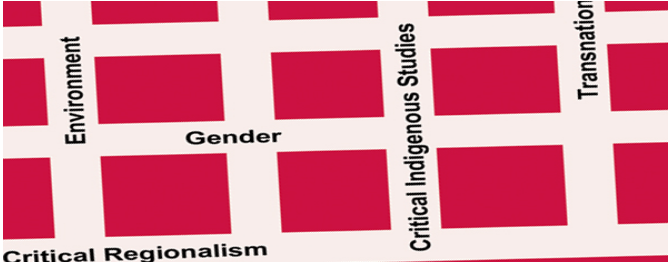
American Studies ETDs
Publication Date
Spring 4-27-1978
Abstract
Studying the future is a relatively recent academic phenomenon. Recognized as a distinct scholarly activity in the late 1960's, futures research has gained increasing popularity during the last 10 years. Concerned with information collection and policy formulation, the futures field describes alternative futures, provides an early warning system for signs of change, identifies possible and probable consequences to various choices and developments, determines the degree of knowledge or uncertainty existing about futures possibilities, and develops various policy options (Hahn and Little, 1976). Using the futures research methodology, increasingly futures researchers are joining specialists in other fields to study the futures of these specific fields.
Cognizant of the goals of the futures field, this study sought information about organizations in 2000 and the issues/trends seen as influencing their future. As in most contemporary studies, "organization"
was defined in systems' terms as a generic classification. In this study, those who have published on the topic of organizations of the future are termed "organizational futurists." The goals of this study were met by answering four questions:
1. Which trends/issues are seen as most significantly influencing organizations envisioned for 2000?
2. What is the consensual opinion of organizational futuri3ts regarding the most probable organizational appearance in 2000?
3. Which people could be designated as "organizational futurists?"
4. Which organizational and futures literature is concerned with organizations of the future? The first two questions were answered through a Delphi; the third through a literature search and peer nomination process; and the fourth question was answered through the literature search.
Through the Delphi survey, organizational futurists suggested a list of 12 issues/trends seen as being influential in the future of organizations during the next 22 years. Of those, three issues/trends are perceived as "most significant" by the panel: increasing governmental regulation and surveillance, technology, and increasing scarcity. The Delphi panel also developed a bimodal description of the most probable organization of 2000. They describe it as either being very similar to the present, or as being a very adaptive design. Seven adaptive design possibilities were suggested. This research also extensively reviews the organizational futures literature through three categories and six subsets:
People: Intersystem conflict Organization populations
Knowledge: Influence of education on the organization Knowledge explosion
Technology: Technology and images of the future Technology and organization structure
The literature review also surveys the organization designs envisioned for organizational components and entire organizations in the future. Finally, organizational futures information from the literature is combined with the Delphi results to describe five options which may dominate organizational reality in 2000: the participative, huge machine, authoritarian, "no change," and egalitarian models.
Helmer (1974) states that the futures research criteria requires three components for a responsible analysis of the future: a survey of the possible alternatives; an analysis of the preferences; and, a constructive policy analysis. As a futures study, this research surveys the possible alternatives for the future of organizations and the issues/trends which could significantly influence future options. The experts and the literature of the new organizational futures field are identified to facilitate further study in the area and to facilitate the completion of the remaining components necessary for a responsible analysis of the future of organizations.
Several suggestions are made as to further research needed in the field. These include additional objective analyses of influential issues and trends, and of the alternatives available to policymakers; the more frequent use of time and event "milestones;" and additional studies of the future of types of organizations. Such studies would provide the framework needed for forecasting and planning at the individual organization level and for larger system policy formulation.
Document Type
Dissertation
Degree Name
American Studies
Level of Degree
Doctoral
Department Name
American Studies
First Committee Member (Chair)
Howard Vivian Finston
Second Committee Member
Joseph E. Champoux
Third Committee Member
Ferrel Heady
Fourth Committee Member
Dodd Harvey Bogart
Recommended Citation
Owings, Suzann M.. "Delphi Survey of Organizational Futurists on Issues and Trends Affecting Organizational Appearance in 2000." (1978). https://digitalrepository.unm.edu/amst_etds/106


